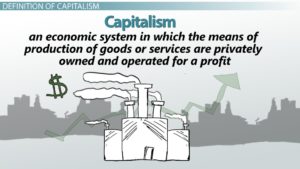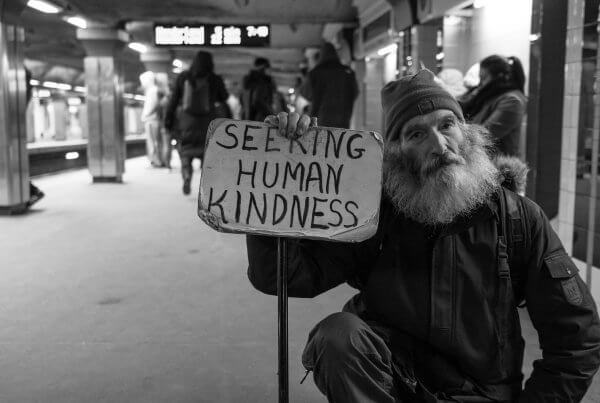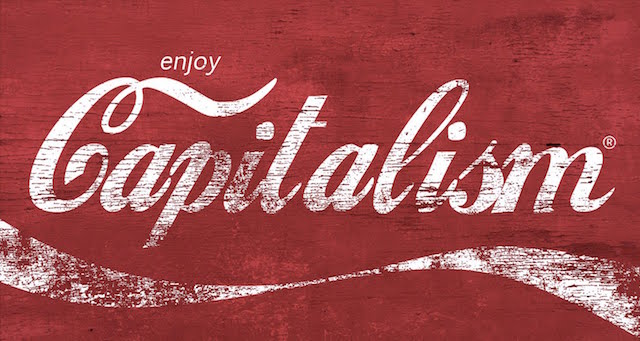
(Originally posted on TheLatest.com)
The principles of capitalism created the world we live in today. True capitalism requires the free movement of capital and voluntary transactions to survive. But to survive, everything must adapt. And capitalism has most certainly survived.
Love it or hate it, capitalism is the dominant system in the world and shows no signs of slowing down. However, unlike mercantilism before it, and feudalism before that, capitalism has had unprecedented success in creating an unmatched middle class.
But, alas poor capitalism “where be your gibes now? Your gambols? Your songs? Your flashes of merriment that were wont to set the table on a roar?” As Hamlet bemoaned the decay of Yorick, so do we repent the bastardization of the free and bewitching promise of capitalism that made the American Dream possible. Today, the world is ruled not by elective transactions, and free movement of capital, but instead by a handful of corporations and mega-conglomerates that operate as a quasi-oligarchy, even a plutocracy.
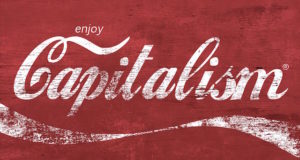 Think about your daily tasks: surf websites, talk to friends, cook food, eat food, take pictures of food; all are only possible with the permission of the one or two companies who own them.
Think about your daily tasks: surf websites, talk to friends, cook food, eat food, take pictures of food; all are only possible with the permission of the one or two companies who own them.
This is not capitalism, this is corporate monarchy. Capitalism is the court jester these companies bring out in chains to please the masses.
So how has capitalism adapted?
Enter the sharing economy: Uber, Facebook, Lyft, Alibaba, Airbnb, Netflix, and other similar companies. To quote Hamish McRae at Independent:
“The world’s largest taxi firm, Uber, owns no cars. The world’s most popular media company, Facebook, creates no content. The world’s most valuable retailer, Alibaba, carries no stock. And the world’s largest accommodation provider, Airbnb, owns no property. Something big is going on.”
Something big, indeed: we are witnessing the world-wide backlash against the oligarchy, and the return to true, pure capitalism.
Argue all you want, but free transactions between one person wanting a service, and another willing to provide it is the bare-bones definition of capitalism. This is capitalism 2.0, and we are in the beta test.
Sick of paying $100 for thousands of channels full of ads? Pay $15 to Netflix for content you want. Tired of paying $50 for a taxi to the airport? Pay $12 for the actual value of that trip with Uber. Upset that hotels and cities charge more fees than the room is worth? Instead, pay what a homeowner downtown thinks one night on his couch is worth.
The invasion of government into capitalism has only exacerbated the problem; all the hearings and class-action lawsuits are the attempts of the powers-that-be to retain their death-grip on the throne. These are the death throes of a dying world.
Don’t believe me? Ever paid a checked-bag fee on a flight? Those didn’t exist until a few years ago. Did you know you could arrive at the airport, and walk directly to the gate in fifteen minutes?
With only a handful of airlines, which essentially operate at the whim of governments, the problem will only get worse.
Imagine if this industry were upset akin to the taxi or hotel industries. Imagine an entire world re-designed with capitalism 2.0.

